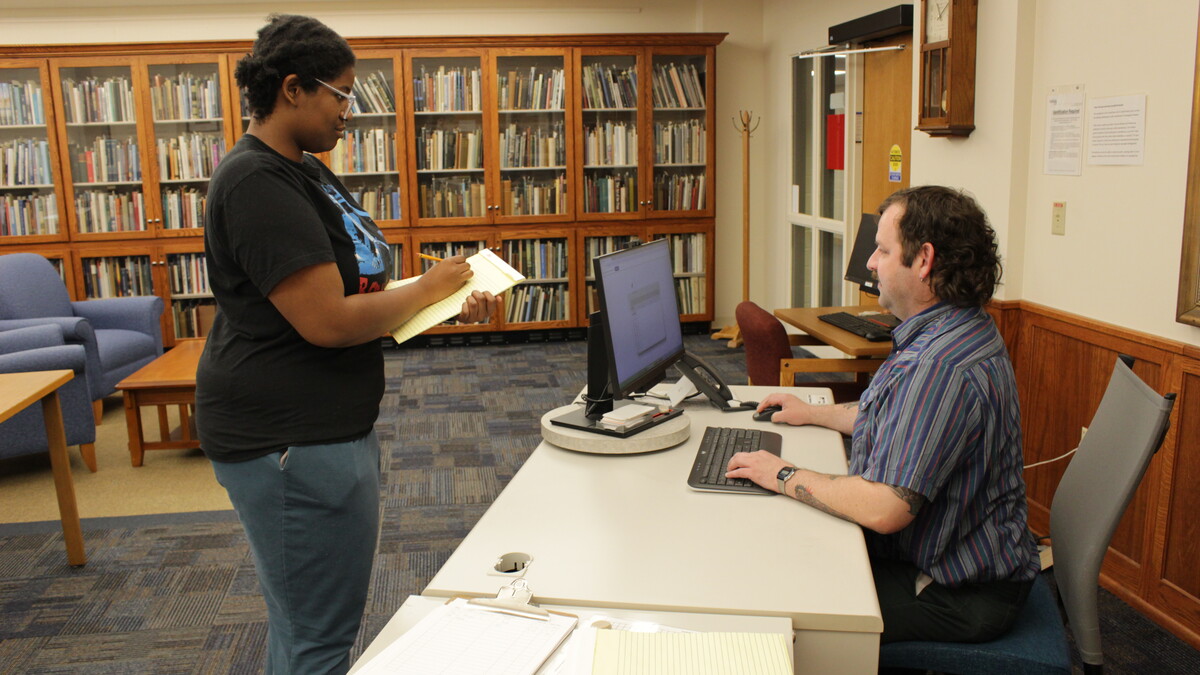
Although studies have revealed that immigrants and ethnic minorities are among those at greatest risk for poor health outcomes, little research exists on rural immigrants who experience a disproportionate burden of poverty and economic hardship.
New work from Evan Choi, associate professor of child, youth and family studies, is providing new insights into this uncharted area of study.
Using restricted-access versions of U.S. Census Bureau data, Choi is examining the health-related behaviors of rural, low-income immigrant families and what these behaviors mean for their children’s developmental outcomes.
Housed at the Nebraska Center for Research on Children, Youth, Families and Schools, the project is also supported by graduate research assistant Jinyoung Lee.
Choi’s research merges census data with the U.S. Center for Disease Control’s National Health Interview Survey to explore the issue at the individual, family and community levels. His findings will help streamline census data collection programs and pave the way for future health education programs in rural areas.
The combined data show that economic resources are key factors in determining children’s health and behavioral outcomes. For example, children of immigrant families living in high-poverty census tracts were found to have more health and behavioral problems.
Additionally, when immigrant families face healthcare access and affordability issues, their children’s development is worse than those without such issues.
Neighborhood characteristics such as socioeconomic status and race, as well as community resources such as schools, hospitals, doctors and green space, were explored. Data was accumulated for more than 38,000 families, 9,000 of which were immigrants.
“I believe the implications I can make from this study are more valid, because we’re looking at the whole country, and not just limiting data to Nebraska or California or other specific regions,” Choi said. “This study provides a better cross-section of the population.”
Accessing the data, which is housed in Nebraska’s Central Plains Federal Statistical Research Data Center, required a rigorous background check, 10-month wait and high security clearance that prevented Choi from taking any notes while in the facility.
“It was very time-consuming, but worth it,” Choi said.
Choi notes that rural immigrant families represent one of Nebraska’s largest emerging populations. Using this study’s baseline data, he plans to seek additional grant funding to design, develop and evaluate a high-impact, culturally sensitive health education program for the state’s low-income, rural immigrant families.
“I think we can better target high-poverty rural areas specifically,” Choi said.







